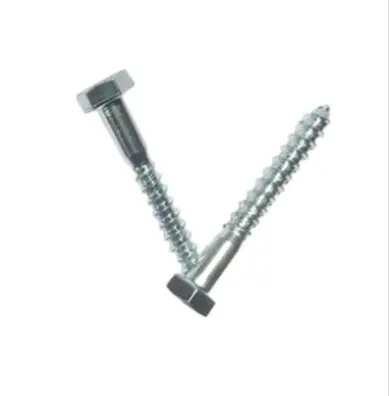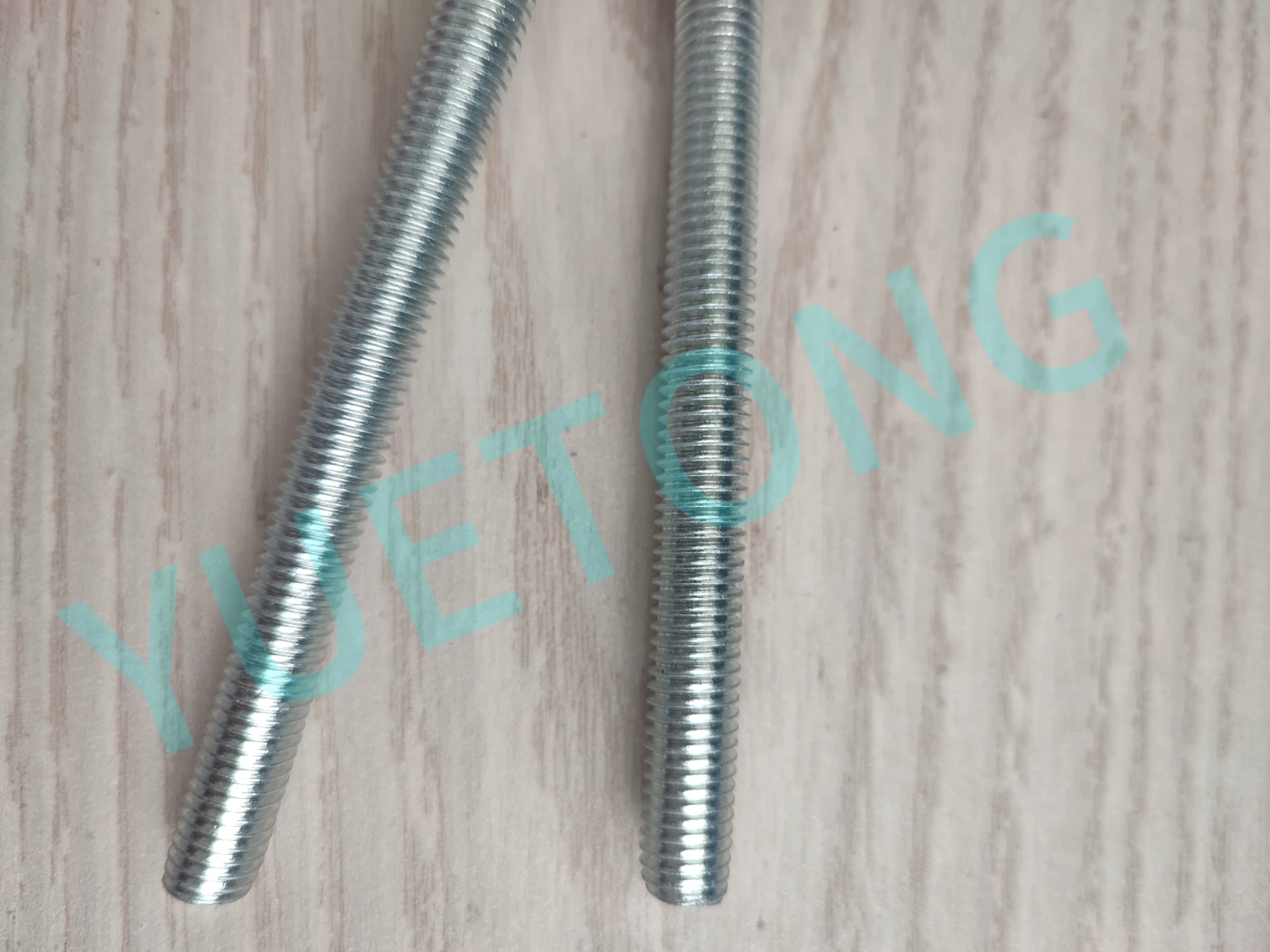Jan . 09, 2025 11:18 Back to list
Comprehensive Guide to Anchor Bolt Types
Anchor bolts are indispensable components in construction and engineering, serving as robust connectors that secure structural elements to concrete surfaces. These crucial fasteners are widely used across various sectors, including infrastructure projects, residential buildings, and industrial setups. Understanding the different types of anchor bolts and their unique applications can significantly impact the integrity and safety of construction projects.
Sleeve anchors represent a practical choice for fastening in hollow or solid materials. Their design includes a cylindrical sleeve that expands upon tightening, offering reliability and ease of use. This type is commonly adopted for tasks that involve lighter loads, such as installing handrails or securing small structures. Yet, their effectiveness can be limited by the type and thickness of the material they are anchored into. Professionals in construction often conduct tests to verify the suitability of sleeve anchors for specific applications. In high-stress situations, heavy-duty anchor bolts made from high tensile materials like stainless steel or alloy are preferred. These are capable of withstanding extreme weather conditions and heavy loads, making them apt for industrial applications and safety-critical installations. The choice of material here reflects an understanding of both the environmental challenges and the mechanical demands of the project. When selecting the appropriate type of anchor bolt, factors such as load capacity, environmental conditions, material compatibility, and installation methods are paramount. Experts in construction and structural engineering rely on a blend of experience and technical data to make informed decisions that guarantee safety and performance. In conclusion, the choice of anchor bolt types is a pivotal decision in construction projects, affecting both safety and longevity. Professionals leverage their expertise, adhering to stringent standards and guidelines, to ensure that the selected fastening solutions align with project specifications. Trust in their experience and adherence to best practices plays a crucial role in the successful execution of construction endeavors. Understanding the nuances of anchor bolt applications is essential for any professional aiming to achieve excellence and reliability in their field.


Sleeve anchors represent a practical choice for fastening in hollow or solid materials. Their design includes a cylindrical sleeve that expands upon tightening, offering reliability and ease of use. This type is commonly adopted for tasks that involve lighter loads, such as installing handrails or securing small structures. Yet, their effectiveness can be limited by the type and thickness of the material they are anchored into. Professionals in construction often conduct tests to verify the suitability of sleeve anchors for specific applications. In high-stress situations, heavy-duty anchor bolts made from high tensile materials like stainless steel or alloy are preferred. These are capable of withstanding extreme weather conditions and heavy loads, making them apt for industrial applications and safety-critical installations. The choice of material here reflects an understanding of both the environmental challenges and the mechanical demands of the project. When selecting the appropriate type of anchor bolt, factors such as load capacity, environmental conditions, material compatibility, and installation methods are paramount. Experts in construction and structural engineering rely on a blend of experience and technical data to make informed decisions that guarantee safety and performance. In conclusion, the choice of anchor bolt types is a pivotal decision in construction projects, affecting both safety and longevity. Professionals leverage their expertise, adhering to stringent standards and guidelines, to ensure that the selected fastening solutions align with project specifications. Trust in their experience and adherence to best practices plays a crucial role in the successful execution of construction endeavors. Understanding the nuances of anchor bolt applications is essential for any professional aiming to achieve excellence and reliability in their field.


